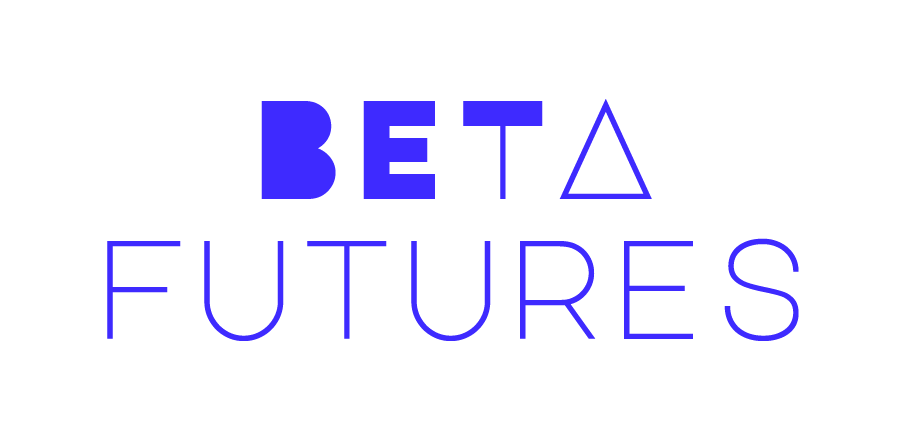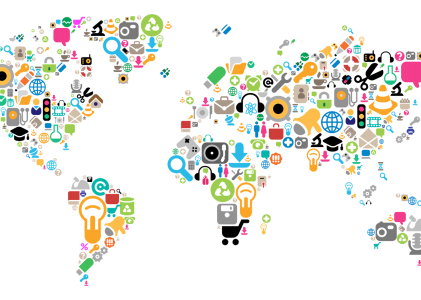Since the fall of the Berlin Wall, the rise of globalisation has made promises of prosperity, and the advent of the Internet provided hope for democratisation on a global scale. But while globalisation has allowed much of the Global North to enjoy increased prosperity, it has also left many behind and widened the gap of global inequality. Likewise, while the web has made societies increasingly open and connected, it has also significantly intensified instability and fuelled tensions along social, political, and ethnic divides.
Once hailed as beacons of democracy, social media platforms such as Facebook, Twitter and YouTube now find themselves accused of proliferating democratic decay. Over the last decade, the extraordinary phenomenon of social media has enveloped our entire media and communications networks, creating a ‘hype machine’ that has little regard for the authenticity of information. As we have seen, social media, when operating without regulation, has the power to distort everything from social interaction, statecraft, politics, voting, business, public health, and essentially every level of our civilisation. The COVID-19 pandemic has of course been a new lightening rod for misinformation, with false news travelling faster, further, and deeper than ever before.
However, social media is not intrinsically bad and does in fact have the power to do good—often bringing previously hidden harms to light and giving space and voice to previously powerless communities to raise their own concerns and publicise their own vision. This type of digital self-advocacy is a form of empowerment not previously delivered through traditional development initiatives. Likewise, social media has the power to save lives, as we observed during the Nepal earthquake in 2015, when young people saved thousands of lives by reporting on earthquake damage in real-time.
Over the last decade, this paradoxical nature of social media has become increasingly apparent. As with every new communication technology comes a range of constructive and destructive effects, and over time, strategies need to be implemented to improve the balance. In this case, governments and social media companies have the capability to regulate their platforms to reduce the negative impact of false information and hate speech, however some fear that governments are using these threats to limit free speech and political freedom.
According to the Freedom on the Net 2021 report, at least 48 countries pursued legislative action aimed at regulating technology companies over the past year. This move comes amid calls to address societal problems that are exacerbated online, such as harassment, hate speech, misinformation, as well as to protect users from fraud, foreign adversaries, and exploitative business practices. However, in countries where there is a democratic deficit, there is concern that governments may enforce regulation to punish any company that moderates politicians’ speech or pushes back against arbitrary orders to remove content or hand over user data.
Looking at examples of such behaviours, this year officials in India pressured Twitter to remove protest-related and critical commentary and to stop flagging manipulated content shared by the ruling party. Similarly, Nigerian authorities blocked Twitter after the company removed incendiary posts by the country’s President. While Turkish President Recep Tayyip Erdoğan, who himself has overseen the mass incarceration of journalists and opposition politicians, repeatedly accused tech companies of “digital fascism” for their refusal to comply with flawed provisions in the country’s new social media law.
Such developments come at a time when a democratic recession is deepening, with nearly 75 per cent of the world’s population living in a country that faced democratic deterioration last year. If we want democracy to succeed—and indeed, if we want the concept of democracy to regain respect in the age of the Internet, we need to understand the many ways in which today’s social media platforms create conditions that may be hostile to democracy’s success. And then we need to take decisive action to improve regulation of social media without compromising free speech and political freedoms at a global level.


